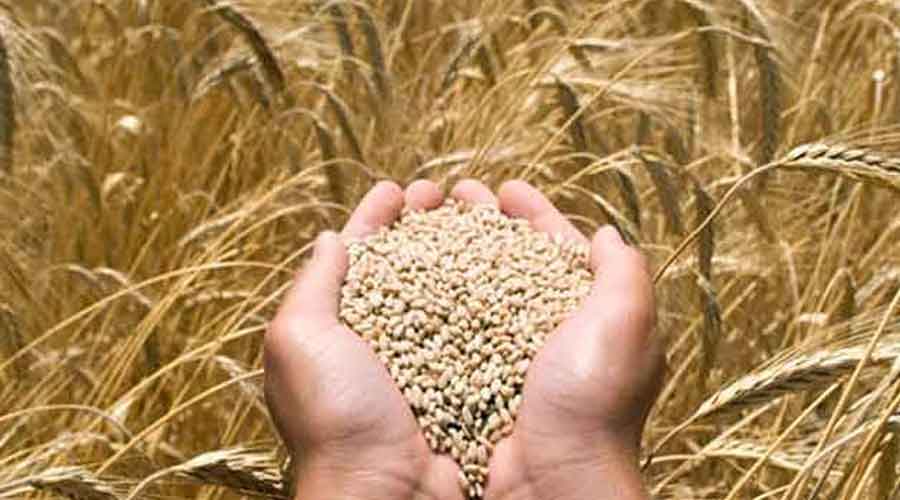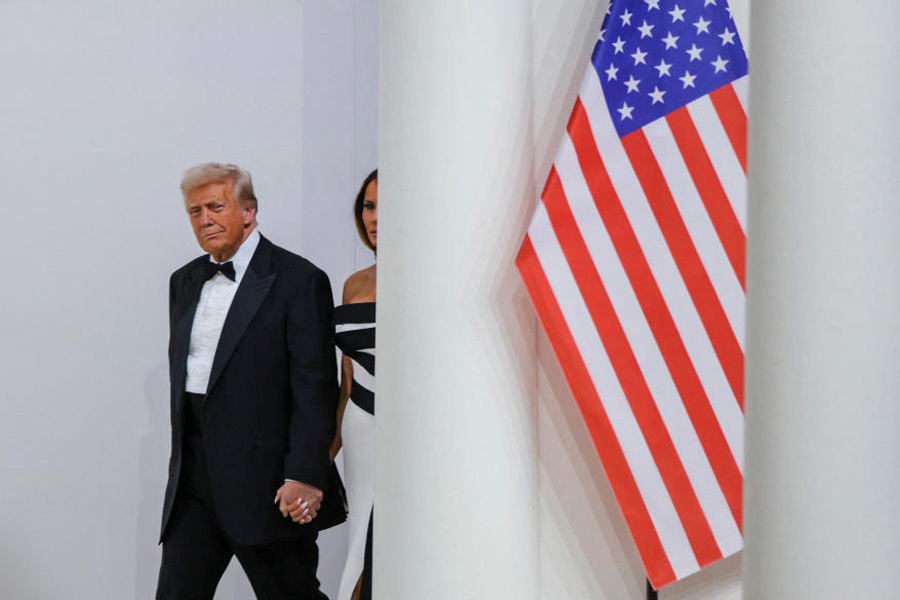Since Russia’s invasion of Ukraine in February, the rest of the world has tried to contain the conflict. But it is increasingly clear that these attempts have failed. Bombs and missiles might not be flying in global capitals, but the war is coming to the dinner tables of the most vulnerable people in every corner of the planet. A series of trade barriers erected by nations in the shadow of the conflict has driven up the prices of key commodities, especially food. India could be among the nations most affected. Many of the West’s economic sanctions against Moscow, while punishing the Kremlin for its aggression, are also self-serving: the United States of America will witness a massive increase in oil purchases if European and other nations stop buying Russian crude. The sanctions against Russian weapons manufacturers will likewise ensure that nations like India buy more military hardware from the West. Russia, the world’s largest exporter of wheat, also temporarily suspended sales of the grain to other countries in March to tackle a dramatic rise in inflation.
But the contagion of protectionism has cascaded far beyond the principal protagonists of the war. The conflict has disrupted supplies of sunflower oil from the world’s biggest exporters, Ukraine and Russia. That has led to a surge in demand for other edible oils, sparking a run on their supplies. Indonesia, the largest producer of palm oil, has banned its exports to avoid a shortage domestically. In March, Argentina, the world’s biggest exporter of soy oil, stopped all foreign sales of the product for the same reason. India is the world’s biggest importer of edible oils and the single biggest buyer of palm oil. It traditionally sources more than 90 per cent of its sunflower oil from Russia and Ukraine and is the largest purchaser of Argentina’s soy oil. The cost of putting a meal on the table is certain to rise for every Indian family. India might end up contributing to the crisis too. Prime Minister Narendra Modi has committed wheat to other nations amid concerns of a global food shortage. A poor harvest in Punjab and Haryana might, however, put pressure on the government to rethink those plans. This pain — an outcome of a dependence on international supply chains — is likely to bolster critics of globalization. But free trade is not the problem; sanctions and protectionism are. As the world searches for an end to the war, it must not learn the wrong lessons.











